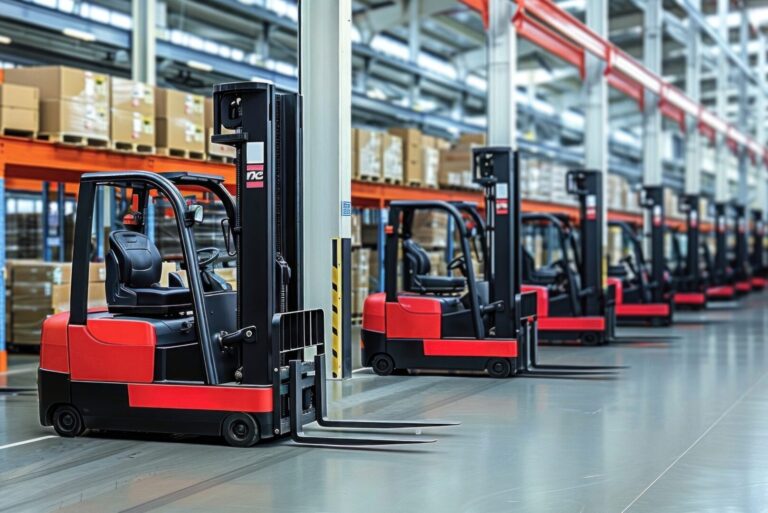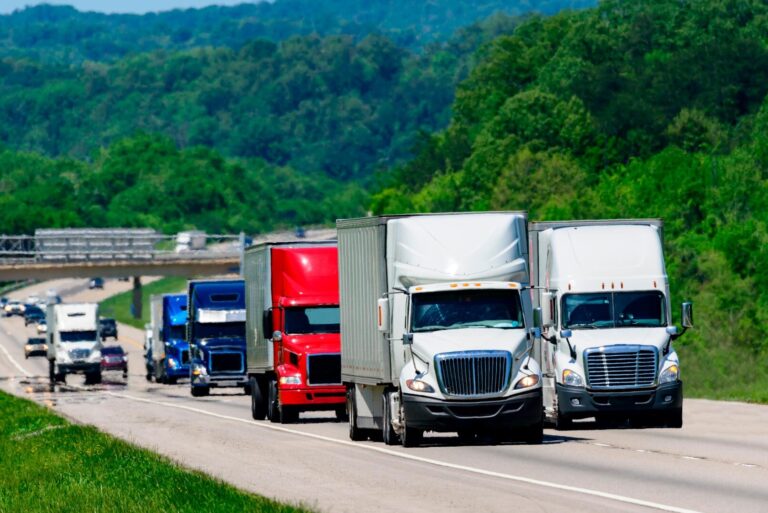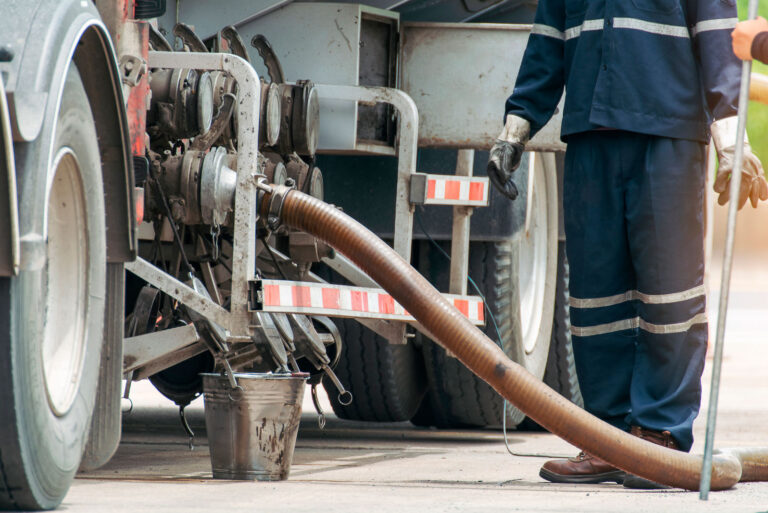Maximizing the Benefits of Canada's Clean Fuel Regulations for Your Electric Vehicle Charging Stations
May 18, 2023
Canada’s Clean Fuel Regulations are scheduled to go into full effect 1 July, 2023. The Regulations are an integral part of Canada’s climate plan and seek to reduce carbon emissions from the transportation sector. Market-based incentives will give owners of electric vehicle charging stations the opportunity to earn cash rebates by reducing their carbon emissions.
This article provides a comprehensive overview of Canada’s Clean Fuel Regulations and explores the potential changes and benefits owners of electric vehicle charging stations will experience in the coming years.
The Purpose of the Clean Fuel Regulations
The Clean Fuel Regulations are a part of Canada’s Emissions Reduction Plan, which seeks to transition the country to net-zero carbon emissions by 2050. The Regulations, also known as the CFR, target the transportation sector, which currently accounts for 26% of Canada’s total greenhouse gas emissions. The program requires fuel suppliers and producers to gradually reduce the carbon intensity of their fuels over time, with the goal of reaching 15% of 2016 levels by 2030.
To expedite this process and prepare Canada for a low-carbon economy, the Regulations facilitate a series of investment and incentive opportunities for the adoption of low-carbon and alternate fuels across the transportation sector.
How the Clean Fuel Regulations Fit into Canada’s Climate Plan
Canada’s CFR replaced the Renewable Fuels Regulations, a previous regulation that required fuel suppliers to steadily increase the renewable content of their gasoline and diesel. The Clean Fuel Regulations act as a more comprehensive system that requires fuel producers to reduce their carbon intensity levels while simultaneously incentivizing the adoption of low-carbon fuels.
With the addition of the Clean Fuel Regulations, owners of electric vehicle charging stations can generate credits for their reduced emissions, thereby expediting the transition to electric vehicles across Canada’s transportation sector.
The program comes as a part of Canada’s extensive 2030 Emissions Reduction Plan, which is designed to promote investments in developing green energy along with the widespread adoption of low-carbon technologies. These investments work toward the adoption and production of clean hydrogen, electricity, and other alternative clean energy fuels, which will help Canada become a leading supplier of clean energy and technologies across the world.
Learn more about other regulatory efforts to push Canada’s transportation industry towards low-carbon fuels: A Complete Guide to British Columbia's LCFS: Making the BC Low Carbon Fuel Standard Work For You.
Generating Credits Through the Clean Fuel Regulations
Under the CFR, fuel suppliers that produce carbon-intensive fuels, such as gasoline and nonrenewable diesel, generate credit deficits, which must be offset by lowering the carbon intensity of their fuels or by purchasing compliance credits from low-carbon fuel suppliers. Producers of low-carbon fuels, including suppliers of electricity for fuel, generate credits for their contributions to reduced carbon emissions from transportation. Compliance credits can be sold between fuel suppliers, allowing suppliers in a credit deficit to meet compliance and giving credit generators an additional source of revenue.
Entities eligible for generating credits include:
- Site hosts with private and commercial electric vehicle charging stations
- Owners of public electric vehicle charging stations
- Distribution utilities that support home-charging electric vehicle stations
Credit generators earn one credit for every metric tonne of carbon dioxide offset through their electric charging stations.
In future years, other entities may be eligible to generate credits as well, including owners and operators of heavy-duty electric vehicles. Additionally, the Regulations may be updated with requirements for credit generators to recycle a percentage of their credit revenues into further adoption of zero-emission vehicles, though currently no mandates exist.
Learn more about how Canada’s CFR are impacting EV fleet owners: How Canada's Rebates for Electric Vehicles are Fostering Innovation in the Transportation Industry.
Maximizing Your Compliance Credits
Compliance credits earned through the CFR are sold on a national market to fuel producers, giving owners of EV charging stations an additional source of revenue. The compliance credit market is based on the supply and demand of credits, and so the value of credits can be expected to fluctuate on a daily basis.
Owners of EV charging stations can maximize their earnings by partnering with Smart Charging Technologies, which aggregates credits from owners of EV charging stations and sells credits in bulk to fuel producers in a deficit. By selling in bulk, SCT is able to minimize the impact of the fluctuating credit market and sell credits at the best price for the benefit of EV charging station owners.
Owners of EV charging stations can also get ahead of the curve by investing a portion of their rebates into further transitioning their fleet to electric power. New legislation in Canada is requiring vehicle manufacturers and dealerships to sell 100% zero-emission vehicles by 2040. To prepare for this transition, fleet owners can begin installing EV charging stations onto their sites and earning credits as soon as possible.
Learn more about Canada’s plans to transition the transportation industry to low carbon: Zero-Emission Fleets by 2040: Planning for Compliance with Canada's Emissions Reduction Plan
Related Posts










